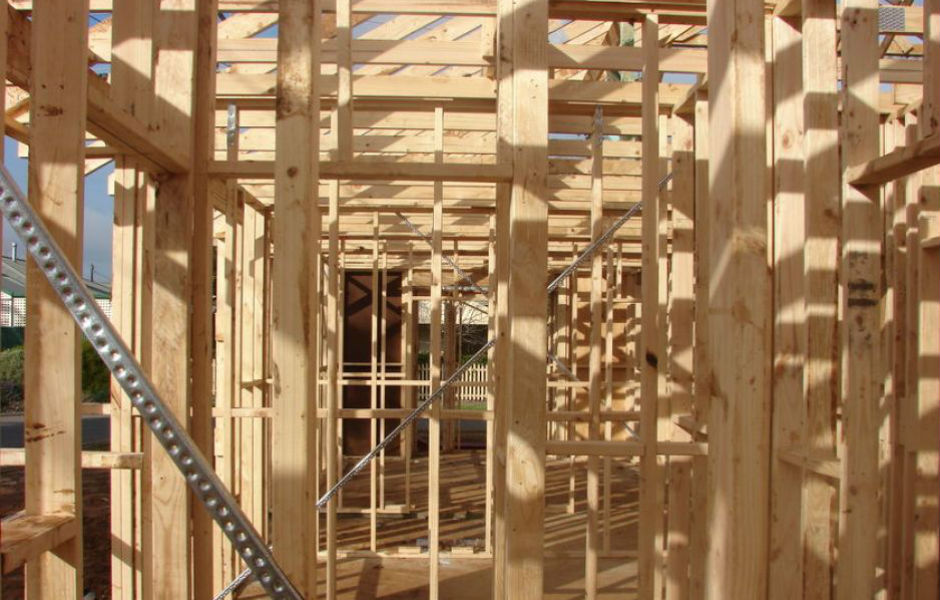Fixing the Housing Crisis: smart thinking is good business

Thinking outside the square in financing is the key to inspiring more investment in affordable, accessible housing, according to organisations providing housing for people with disability.
Right across the country people working in the housing sector believe that partnerships and new financing models will unlock housing supply – giving people with disability more choice in where they live, and how they live.
For example, Shelter Tasmania said a model that builds partnerships between the public, private and community sectors was ideal.
“It delivers housing investment, provides employment and is a flexible and effective way of targeting much needed affordable housing”.
Youngcare, who works to keep younger people with disability out of Aged Care Facilities, suggested the Federal Government establishes a Disability Housing Innovation program to fund private and not-for-profit housing solutions for young people with high care needs – similar to the Queensland Government’s Elderly Parent Carer Innovation Trial.
Youngcare said capital from initial funding for the sector could then be used to build more suitable housing for young people with disability who’s only choice at the moment is to live in residential aged care facilities.
In that way builders, the disability support sector and mainstream developers can see that investing in good quality housing for people with disability is a good business decision.
Networx Integrated Housing agreed that a focus on highlighting the business case for investment in the community housing sector would lead to more houses being built.
“I have worked with more than 100 parent carers, many who would like to build in their local area to enable their son or daughter to remain connected to the local community.
“They are prepared to use their equity in their homes and investments. This hasn’t been possible without individualised support. With NDIS, having the right care is possible.
“If repayment started after 12 months parents could purpose build and then repay when their rental income has started.”
Networx also called for government supported superannuation funds to invest in purpose built property that could be rented to social housing providers.
They called for special disability trust fund benefit to be included in super funds so there were no capital gains tax on the sale of these kinds of properties – as an added incentive for super funds to invest.
And finally, in stressing the need to provide people with disability with choice in where they live and how they live, Mike Duggan from the Queensland Disability Housing Coalition summed the situation up beautifully.
“The government must ensure the NDIS is adequately and creatively resourced and incentivised so that the necessary flexibility and diversity of housing options across all sectors is achieved.
“Public and social housing options must be boosted, accessible private rental stock must be increased, economic barriers to home ownership must be reduced, tax incentives must be created to ensure investment in inclusive developments, and universal design principles must be incorporated into the Building Code of Australia so that all new and extensively modified housing will be accessible to all.”
See our first instalment about how housing organisations believe we can help fix the housing shortage.

Join the conversation